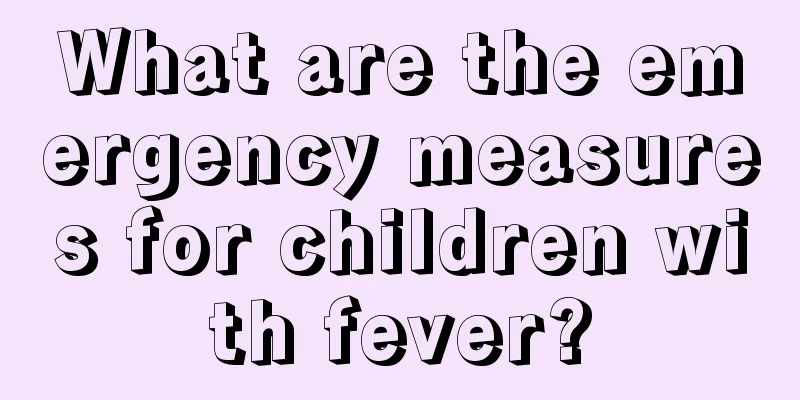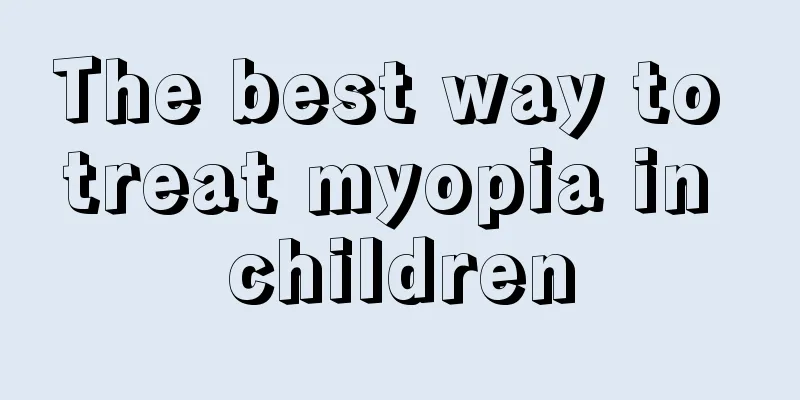Can babies go to the plateau?

|
Now people's living standards have greatly improved, and many people like to play outdoors when they have nothing to do. Especially pregnant women, after ten months of pregnancy, will be eager to take their babies out for a walk after the baby is born. If it is a plateau, many adults' bodies cannot bear it, and they are worried that their children's health will be affected. So, can babies go to the plateau? Let’s take a closer look below. The geographical environment of the plateau is quite special. People living on the plains will experience varying degrees of discomfort after entering the plateau, and are also prone to altitude sickness. Babies have relatively weak physical constitutions and are very sensitive to the low oxygen environment in the plateau. They are more likely to develop altitude sickness than adults after lack of oxygen.When parents take their babies to travel to the plateau, they must stay for a few days when they reach an altitude of 2,000 meters before entering the plateau to allow the baby's body to gradually adapt to the environment of the plateau. On the plateau, adults should not smoke in front of babies, as the smell of smoke will increase the oxygen supply to their bodies.
Although the opening of the Qinghai-Tibet Railway has made it more convenient for many travelers and taking the train can effectively avoid altitude sickness, it is difficult for children to avoid altitude sickness by taking the train. The climate in Tibet is very harsh. The most frightening thing is probably the high altitude. The altitudes of Lhasa, Shigatse and other areas that tourists often visit are all above 3,600 meters. The air pressure is very low and the oxygen content is also very low. In such an environment, it is very easy to get altitude sickness. Especially for tourists who choose to travel to Tibet by plane, experiencing such a large altitude difference in a short period of time is more likely to cause physical discomfort. Many people think that it takes a long time to travel to Tibet by train, which provides the body with a process of adaptation, so the altitude sickness will be milder. This idea is not without reason, but it does not apply to children and the elderly. In addition to children, the elderly are not suitable for traveling to Tibet. The physical functions of the elderly have deteriorated, and their immunity and ability to cope with special environments are much weaker than before, so they are more likely to catch colds or suffer from gastrointestinal diseases, and are more likely to develop acute mountain sickness. |
<<: Baby has a small hole in the ear
>>: What to do if baby has fever
Recommend
Treatment for 1 month old baby spitting up
One-month-old baby spitting up milk often makes o...
What are the items in the physical examination for a three-month-old baby?
The development of babies is different at differe...
The impact of hemangioma on the baby
Many pregnant women suffer from hemangiomas, whic...
Children's feet are itchy and have blisters
Parents should pay attention to children's hy...
What to do if your child doesn't eat breakfast
Many parents will find that their children do not...
What is the correct way to use butt cream?
Many parents will find a problem, that is, the ba...
What are the reasons why children don't grow taller?
I believe that having a tall figure is the dream ...
Children have small pimples on their eyes. Early treatment is crucial.
In daily life, many children will grow small bump...
What should I do if my child has a high fever and convulsions?
Babies are fragile angels, and mothers are afraid...
Children's teeth are uneven
Children need to replace their teeth at certain s...
What to do if children have fecal incontinence?
Children are the flowers of the motherland, and t...
How many times a day is normal for babies to poop
We all know that every one of us has to eliminate...
What causes newborn hiccups?
Babies’ immunity is not as strong as that of adul...
What are the clinical features of heart disease in children?
Congenital heart disease is generally more common...
What should I do if my child keeps having fever?
Because children have poorer disease resistance, ...









